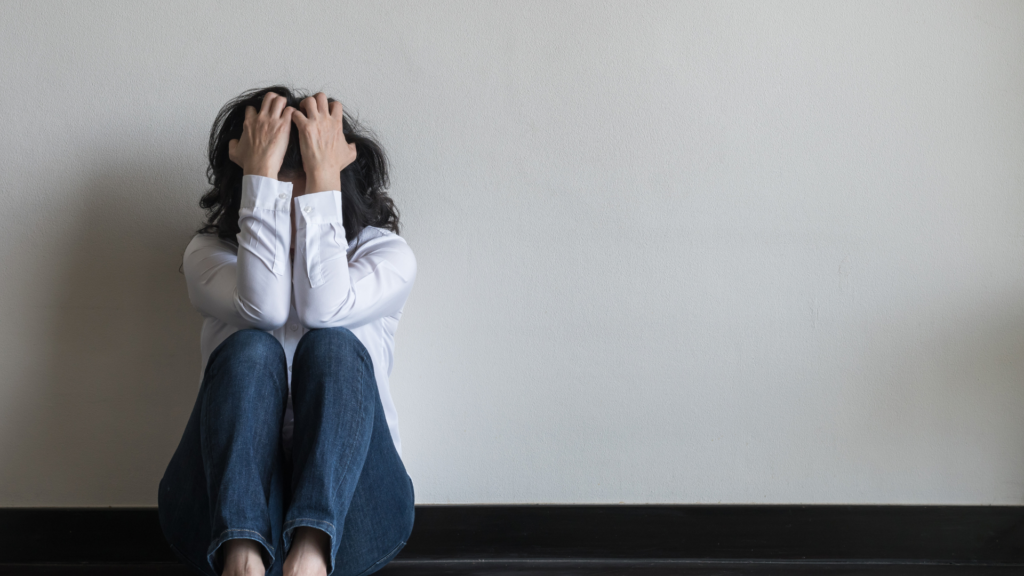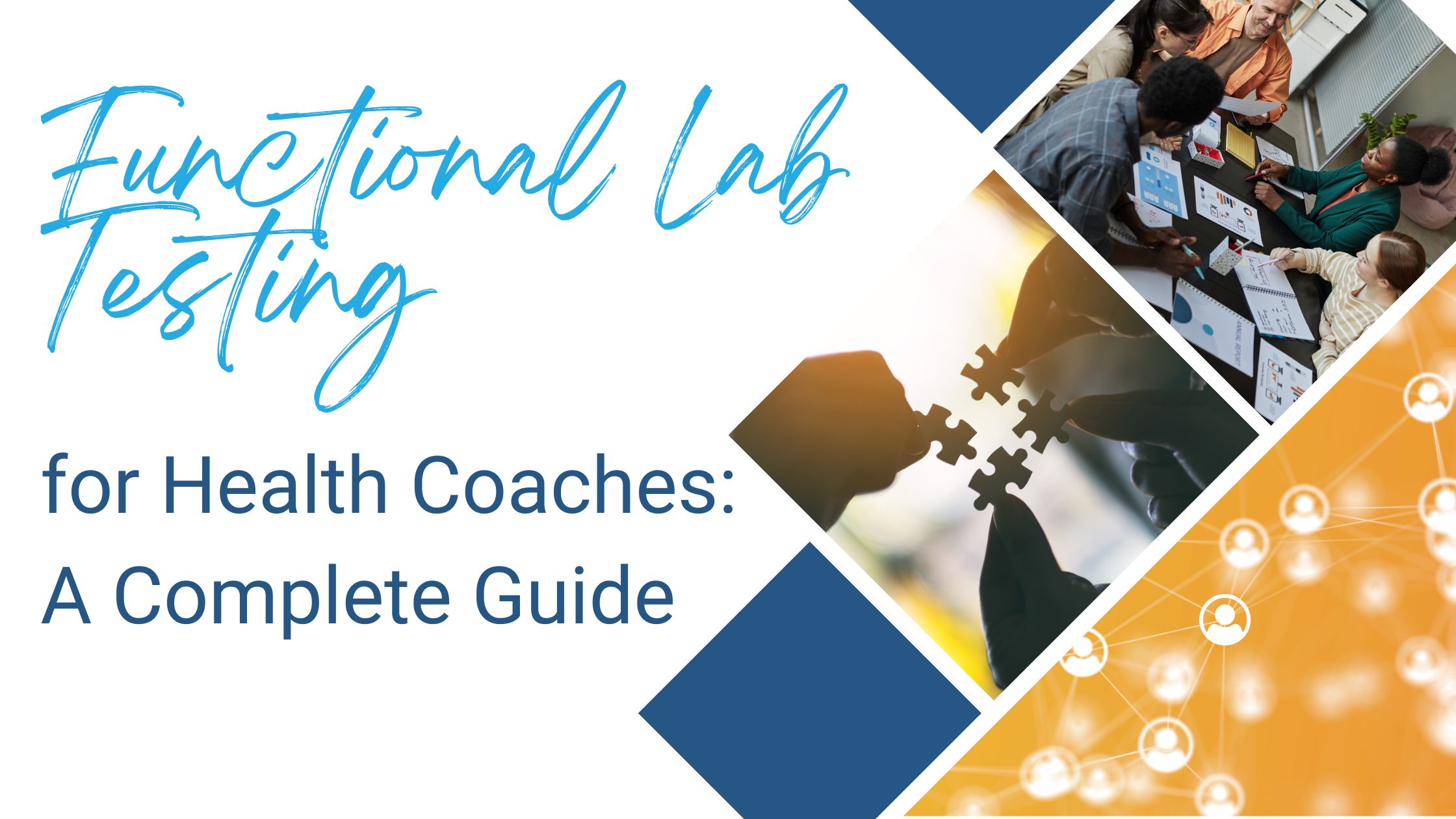If you are like most people you are feeling plenty of stress. But did you know that chronic stress can impact your mental health as well as your physical health?
These days you can’t go anywhere without encountering stress. And most people are chronically overwhelmed and stressed out. We all experience stress in a multitude of ways each day. Deadlines, projects, tests, managing family and social obligations, relationship issues, illness, rushing from place to place, economic worries, and unrest in the world are just a few things that contribute to stress. Add to that the stress that is created from being connected to the world through the internet and social media 24 hours a day, and most people live in a state of constant, chronic stress.
We have become so accustomed to having an overabundance of stress in our lives that we’ve tuned out the warning signals that our bodies are sending us to let us know that we are not dealing with stress successfully.
Chronic stress can increase the risk of health issues such as heart disease, cancer, diabetes, and other chronic physical illnesses. But it also increases the risk of mood disorders and mental health problems.
Common mental health issues caused by chronic stress include:
- Anxiety and panic attacks
- Excessive worrying
- Irritability
- Anger
- Insecurity
- Depression
- Restlessness
- Sadness
- Lethargy
- Lack of Focus
- Burnout
- Memory problems-forgetfulness
- Poor judgement
- Racing thoughts
- Inability to concentrate
- Pessimism and negativity
Chronic stress can also contribute to behavioral issues such as:
- Addictions. This may include overeating, smoking, alcohol and drug abuse, pornography, sex, gambling, video game, internet and shopping
- Anger issues that include outbursts, road rage and fighting
- Nervous habits such as nail biting, Obsessive-compulsive disorder, pacing
- Procrastinating and neglecting responsibility
- Overspending money
- Social isolation
- Sleeping too much or not enough
- Relationship conflicts
If you are facing a mental health crisis, seek professional help immediately! Do not try to fix serious mental health issues on your own.
How do you reduce the effect of stress in your life to avoid the mental health complications that occur as a result? First, you must identify that there is a problem. Second, address what the major stressors are in your life.
Most common sources of stress
Finances
Money is the number one stress inducing factor that people complain about. This is particularly true when the economy is struggling, unemployment is high, and most people have to pinch their pennies. Stress can be exacerbated in those who deal with large amounts of debt as well.
Family
This type of stress includes any conflict with spouse, partner, children, parents, siblings and extended family. It can also include positive and happy events with family as well, such as vacations and holidays.
Career
This can include any frustrations about your job, issues with colleagues, or your boss. Includes frustrations over amount of salary paid.
Major life events
We all experience major life events. Some of the most common major life events include:
- Retirement
- Moving
- Getting married
- Getting separated and divorced
- Having a baby
- Changing jobs or careers
- Illness or injury
- Loss of job
- Death of family member or close friend
- Bankruptcy
- Being arrested/going to court/serving jail time
- Having a child move away from home
- Having a child get married
We all go through these events at one time or another, but they are considered some of the most stress inducing events that will occur in our lives. Even though some of the events are considered happy, there is still a large amount of stress involved. This can impact your physical and mental health.
Being too busy
These are the times when you have so much going on that there isn’t any time for you to just relax. You don’t feel like you have enough time to accomplish everything because there just aren’t enough hours in the day. Typically, when you are too busy, self-care is not a priority, and sleep deprivation is common. You may also eat poorly when your schedule is overly full.
Sleep deprivation
Sleep deprivation occurs when you have been getting less than 7-9 hours of sleep a night for more than one night. Lack of sleep is a great way to put yourself on edge. It is next to impossible to handle stress when you are sleep deprived.
Media overload
Although it may not sound like much, the news is very negative. And there are so many terrible things going on in the world today, that watching the nightly news is guaranteed to cause stress. But it is more than just the news. Most people spend as much as 11 hours a day consuming different types of media. This includes, social media, television, streaming media, apps, games, messaging, books, magazines. All of this external stimulus overloads the nervous system, creating a stress response. Most people are tied to their tech gadgets and have very little time away from their nervous system to decompress.
What can you do to reduce the stress in your life?
Here are a few tips to help you decompress, de-stress, relax and unwind. When you allow yourself a little time to let go of tension, you will be amazed at how much better you feel and how much more you actually accomplish! You will also help to prevent stress from becoming chronic mental issues.
Breathe
A lot of times when people are in stressful situations, it is easy to forget to breathe. Most people aren’t even aware that they are holding their breath. Lack of oxygen can cause more stress, and making sure you take some time to breathe can help you to relax quickly. Deep breathing exercises are the quickest way to let go of tension. Many physicians, especially cardiologists are prescribing deep breathing exercises to their patients to help eliminate stress.
Turn off the news
Watching too much of the nightly news can actually cause depression for some people because of the negative content. If you have to know what is going on in the world, take a few minutes every day to read the latest headlines on the internet or newspaper or allow yourself to watch just a little bit, to get an idea of what is going on. Remember, the news is based on ratings, and the stories about the negative things get much higher ratings than the positive things.
Listen to soothing music
This is not the time to be listening to heavy metal music. Turn on some good relaxing classical music, smooth jazz or new age. Music is incredibly powerful on our emotions and our stress level. If it weren’t, they wouldn’t use it as a background for TV, movies and at pretty much every store you shop at. Music influences us in powerful ways. Harness that power to help calm you, particularly after a stressful day at work or after dealing with a conflict at home.
Learn to say “No” more often
Many times, we agree to do things, even when we are already overwhelmed with obligations. We feel guilty saying no. Recognize when your schedule is already full, and don’t be afraid to say no. I guarantee that most people will understand. Simply let them know that you have a lot to do already. There is a lot of freedom in learning to say no.
Get plenty of sleep
Most people need 7-9 hours of sleep a night to recharge their bodies. Getting adequate sleep each night will allow you to handle stress better. And you will be more productive too. Sleep deprivation causes people to crave junk food, so you will even eat better!
Eat healthy foods
Eating a diet filled with highly processed, sugar-filled foods just adds additional stress to an overly stressed body. It prevents you from getting the nutrients your body needs to help keep your body and mind healthy during stressful times.
Take a media break
Turn off the television, put down your phone, shut off all of your gadgets and take a break from technology. This gives your nervous system a break and can help your mental health.
Get out in nature
Spending time in nature has been shown to help stop the stress response and reset the nervous system. As little as 15-20 minutes out in a green space can significantly reduce stress. But leave your phone and other gadgets at home and just get outside for awhile!
These are just a few of the things that you can use to reduce stress. When you reduce stress, you will find that you get more done, you feel better, your mental health will improve, and you can avoid struggling with an endless cycle of health issues.







